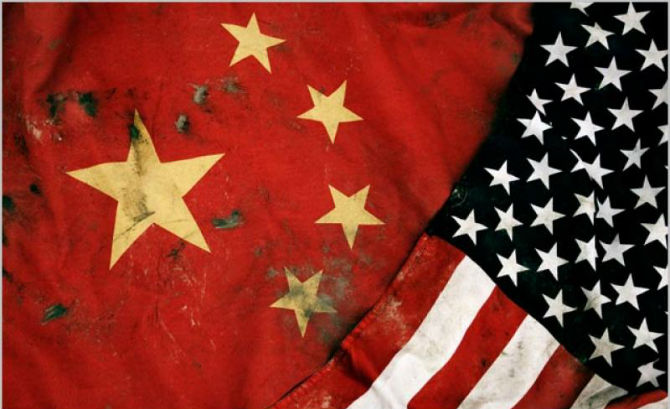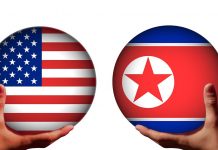North Koreas latest nuclear threat has led to the planned deployment of a Terminal High Altitude Area Defense (THAAD) missile system to the region. Both China and Russia are in stark opposition to the deployment of the missile system, citing security concerns.
“Both sides said they will continue to strengthen their coordinated opposition to THAAD,” the Chinese Foreign Ministry’s said on its website.
The comments came after Kong Xuanyou, China’s assistant foreign minister, and Russian Deputy Foreign Minister Igor Morgulov held a meeting in Beijing. Russian foreign ministry also urged the U.S. and South Korea to avoid installing THAAD to maintain regional peace.
The Russian ministry said in a statement: “[Both] parties emphasized that collective political and diplomatic efforts should be stepped up to ease tensions and initiate the process of military and political detente across the board in Northeast Asia, in order to create conditions conducive to resolving the nuclear issue, as well as other issue, on the Korean Peninsula.”
China and Russia are concerned that the THAAD missile system will destabilize the region, because the US’s missile defense system may just not be ‘watching’ the Korean peninsula, but instead could also be monitoring their activities.
Washington and South Korea have maintained that they deployment will carry out regardless of the opposition, and is scheduled to take place sometime next year.
According to South Korea, China has unofficially imposed several economic burdens on Seoul to pressure the country against the system’s installation. One of which being against the South Korean conglomerate the Lotte Group, who, last month shuttered stores in China, and alleged that it came under cyber attack by Chinese hackers.
The region is ripe for conflict not only because of the Korean peninsula but also because of the issues arising over the South China Sea. China and the USA may end up squaring off over the disputed islands if tensions don’t dissipate.





![[VIDEO] Drag Queen Drag Shows Are Now Infesting Churches](https://christianjournal.net/wp-content/uploads/2019/11/Screenshot-2019-11-22-at-9.02.01-PM-100x70.png)
![[VIDEO] Starbucks Worker Dumps Milkshake On Open Air Preachers Head](https://christianjournal.net/wp-content/uploads/2019/11/Screenshot-2019-11-22-at-7.23.43-PM-100x70.png)
![[VIDEO] Man Arrested For Threatening To Kill Female Abolitionist With Crowbar](https://christianjournal.net/wp-content/uploads/2019/11/MLock-1-100x70.jpg)


